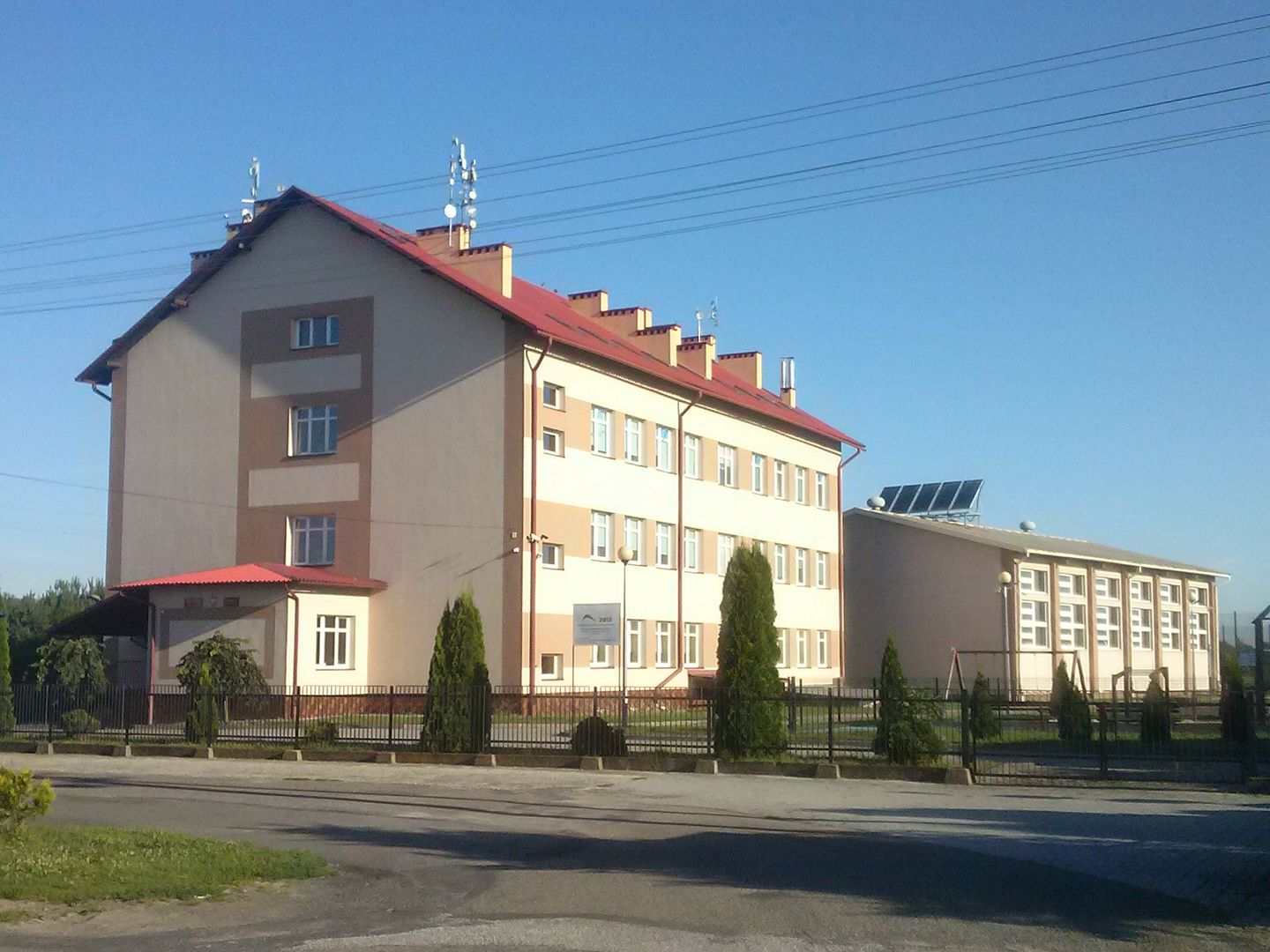Wólka Pełkińska
6.23

Overview
Wólka Pełkińska is a village located in Poland, within the Podkarpackie Voivodeship, in Jarosław County. The history of the settlement dates back to prehistoric times, with evidence of human habitation traced to the period between 4500 and 1800 BCE. Originally named Wola Pozowska, the village was renamed Wólka Pełkińska due to its association with Pełkinie. Over the centuries, the village witnessed numerous administrative and social changes, and its fate was intertwined with the history of the Jarosław nobility, particularly the Lubomirski, Czartoryski, and Ostrogski families. In the 18th century, Wólka Pełkińska became part of the Jarosław estate of the Lubomirskis, and over the years, it underwent various changes in ownership. During the 19th century, the village experienced infrastructure development, which led to the establishment of a new school in 1910 and a new wooden church dedicated to Saint Stanislaus in 1924. The wooden church remained in use until the current brick church was built between 1982 and 1983. Culturally, the village is notable for its football club, "Wólczanka," founded in 1964, which brings together the local community and currently competes in the regional league. An interesting fact about Wólka Pełkińska is the existence of a cemetery where prisoners of a camp for Soviet war prisoners and soldiers of the Home Army are buried, reflecting the turbulent history of the region, particularly during World War II. The scattered layout of the village, its diverse soils, and the arrangement of its hamlets reflect its rich natural and agricultural traditions.
Location
2026 Wizytor | All Rights Reserved